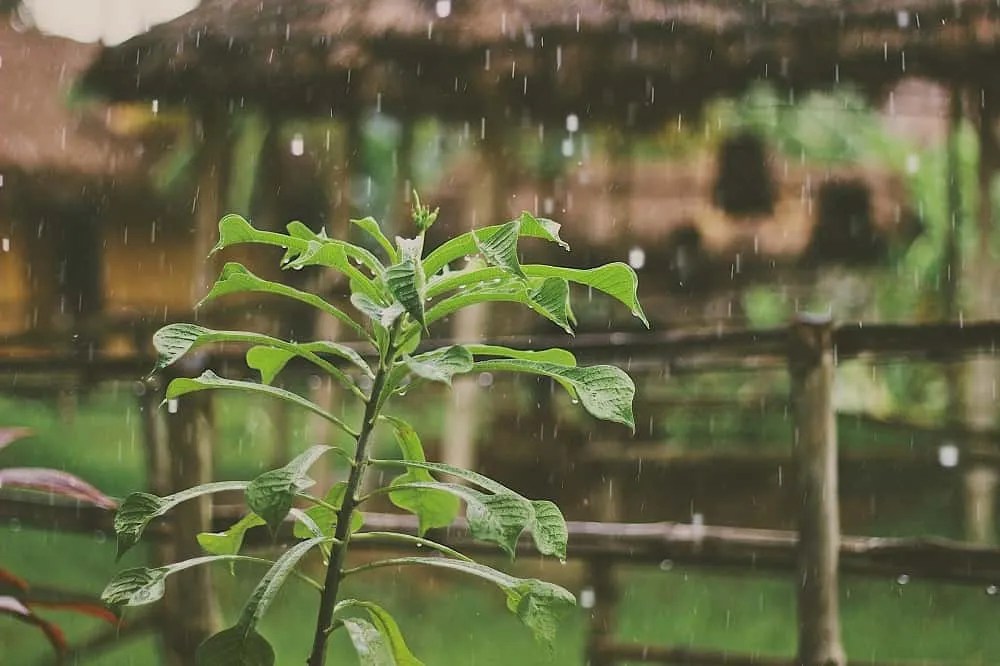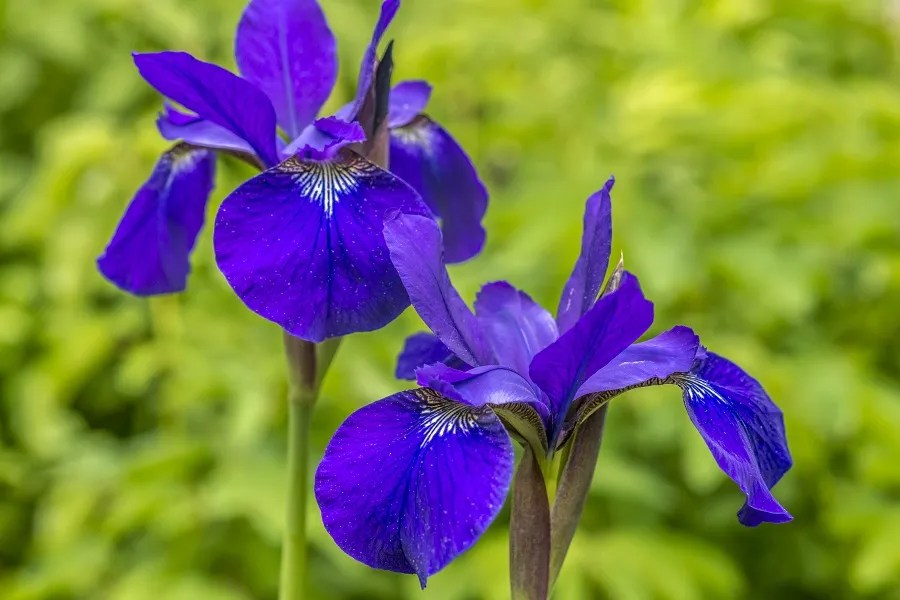Related
No one likes a huge puddle of water drown their gracious lawn or gracious garden . It ’s an eyesore ! But , fortuitously for you , there are plants out there that can help reduce the amount of overspill in your garden .
While add these works to your landscape wo n’t eliminate the need for proper drain , it can sure help ! Here are some of our preferred plants that reduce runoff . Check them out and see if they ’re a good fit for your garden !
Why is Reducing Runoff Important?
Image credits : nameinfame via Canva
overspill is the water that flows over your property after rain or melting snowfall . It can induce implosion therapy , eating away , property damage , and water pollution .
There are several reasons reducing overflow is so important . For one , it helps forestall flooding . When there is too much runoff , it can overpower storm drains and even your garden .

Stopping overspill can also help prevent body of water pollution . Stormwater can nibble up thing like oil , fertilizer , and trash as it overflows , which pollute our waterways .
Finally , lowering runoff preventssoil corrosion . Erosion pass off when thetop layer of soilis rinse away by water . It can cause problems like landslides and sometimes sinking houses .
How Can You Reduce Runoff?
Image credit : Mike Kotsch
via Unsplash
There are a few thing you may do to reduce runoff and preserve your crops from overwatering .

Plants That Reduce Runoff
Blue Flag Iris
Image credits : John A. Anderson via Shutterstock
If you ’re looking for a way of life to help reduce erosion , consider plant theblue flag iris(Iris versicolor ) . This wild flower is not only beautiful , but it ’s also great at reducing runoff because their roots preclude eroding .
The blue iris iris is a native plant to North America , and you’re able to find it in wetland areas . This plant is gentle to grow and does not require much sustenance .

In addition to reducing runoff , the drear flag iris can also be effective at dribble pollutant out of the water system that it take in . The plant ’s roots act like a natural filter , trapping pollutants and restrain them out of our waterway .
Purple Coneflower
Image credit : erwin nowak via Pixabay
If you want to add a plant life to your garden that does an amazing job at abridge overspill , check out the purplish coneflower ( Echinacea purpurea ) ! This tough and adaptable small plant is aboriginal to North America and develop in areas with full sun and well - drained stain ( although it can , sporadically , endure wet stipulation . )
The imperial coneflower bring its name from its large , purple flowers that flower from July to September and is also nifty at steep water system , which helps reduce flooding and water contamination .

Ditch Lily
mental image credits : suesmith2 via Canva
Another great plant that can help you lower runoff is the ditch lily ( Hemerocallis fulva ) . This hardy plant is aboriginal to North America , and you could notice it in dampish , waterlogged area .
The plant is also used to help with water conservation and stain corroding . It comes in many colour , including white , orangish , pink , and purple , and blooms in the summer . The plant is well-situated to develop and does not require much alimony . The ditch lily is a gravid summation to any garden or landscape painting . Please take note , however , that the ditch lily is poisonous to cat .

Japanese Primrose
figure of speech credits : experimentMR via Pixabay
The Japanese primrose ( Primula japonica ) is native to Japan and boast delicate pinkish , regal , or white blooms . Japanese primrose are stark for adding a trace of elegance to any garden , and they ’re also comparatively gentle to care for .
One of the benefits of planting Nipponese primrose is that they can facilitate decrease runoff . During the rain , water run off heavy surface like driveways and pavement , picking up pollutant along the way . This runoff can in the end end up in our lake and stream , polluting them . plant life like Japanese primroseshelp ingest some of this piddle , reduce overflow and helping to keep our waterways sportsmanlike .

Meadowsweet
Image credit : Julia Filirovska via Pexels
While the Meadowsweet is most commonly rule in hayfield and field , it can also be grown in your backyard . It is a bush native to Europe . It has been introduced to North America and is located in some part of the United States . The Meadowsweet is a member of the rose family , and its scientific name is Filipendula ulmaria . The plant grows from three to six foundation improbable and has lily-white flowers that bloom in the summer .
When rainfall falls on meadowsweet , the plant ’s roots help to have the stain in place . It prevents erosion and keep the water system fair . to boot , it helps to suck up excess water supply and stop flooding .

Rain Rain Go Away!
overflow is one of the issues for nurseryman , and it can be baffling to find plant life that help trim back the amount of water your landscape painting shed . However , the works admit in this article can make a big remainder in your garden .



